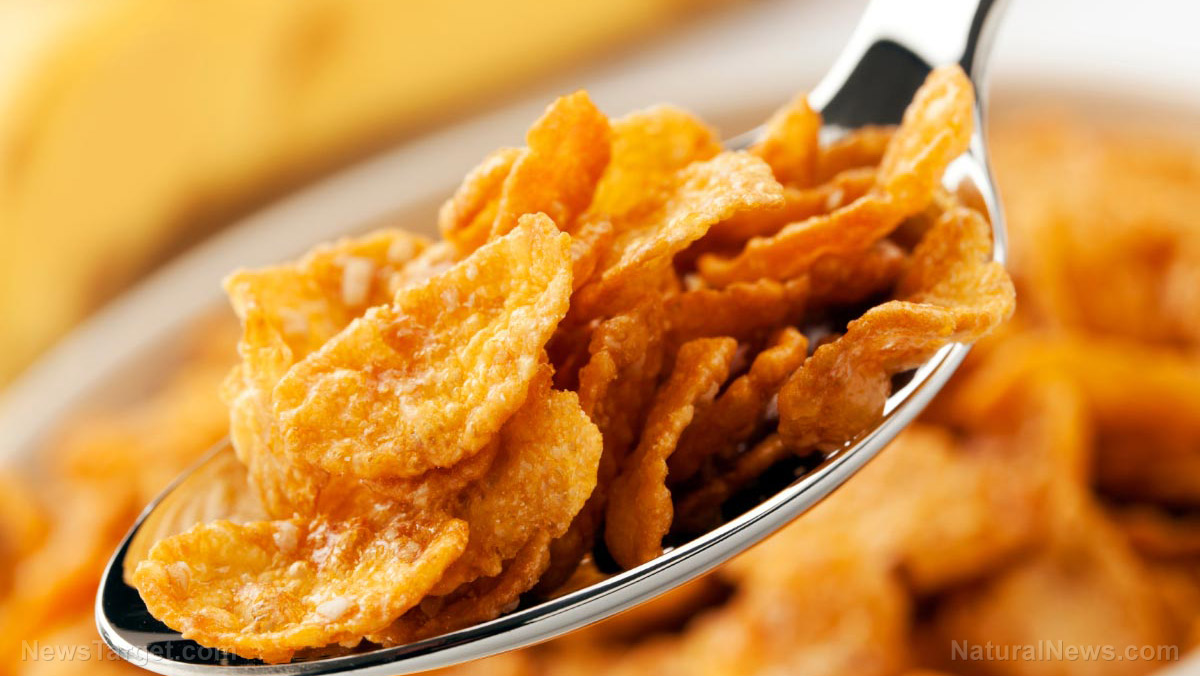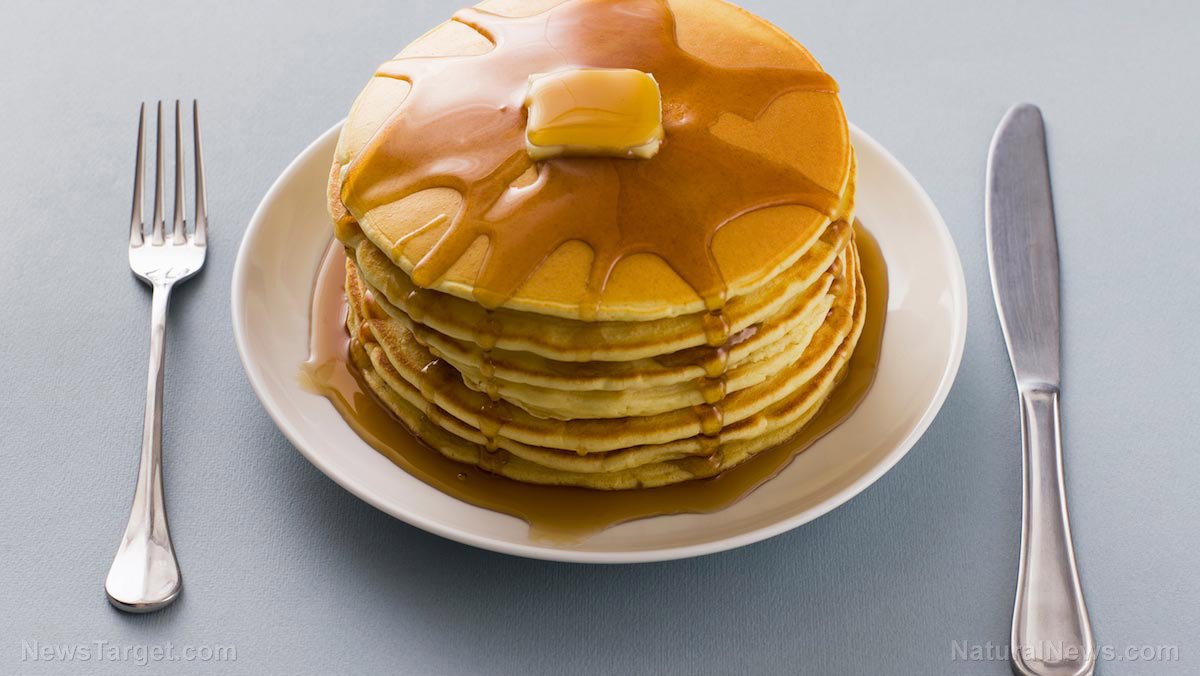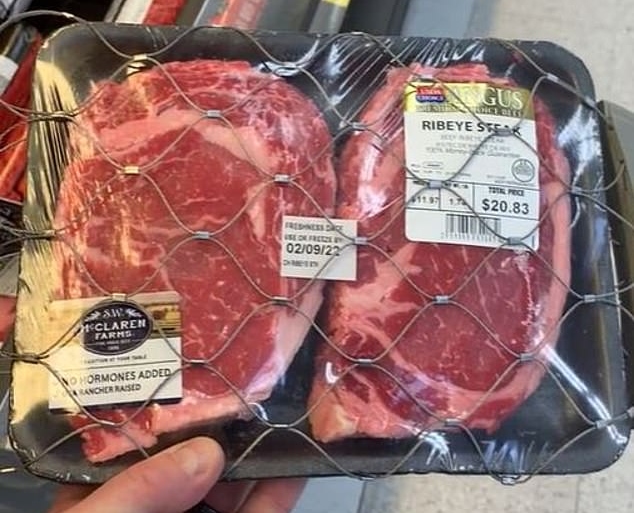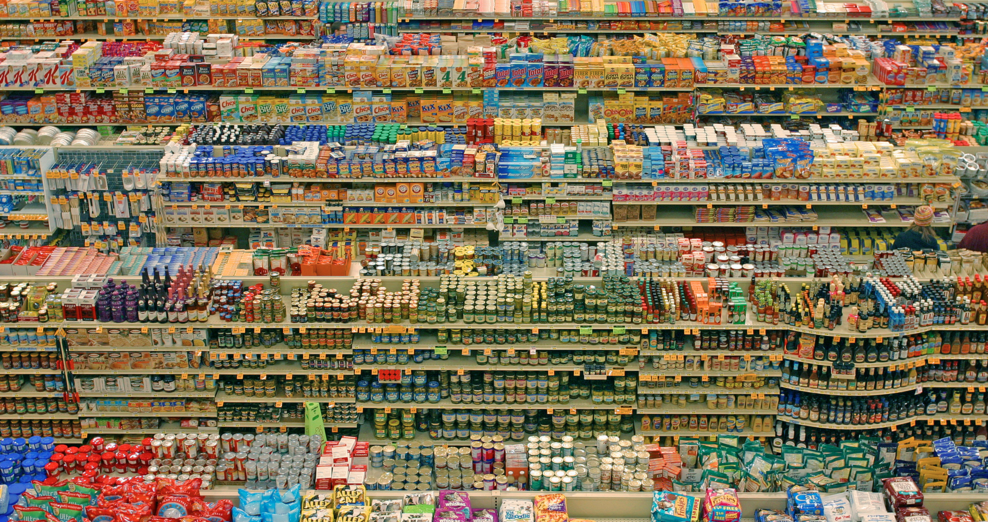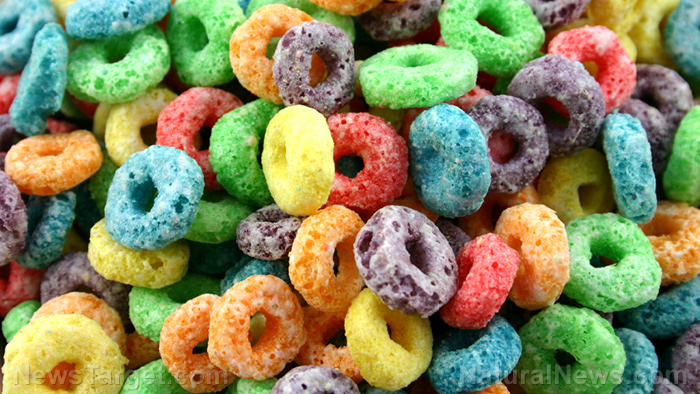Top baby food brand found LOADED with sugar
07/11/2017 / By Russel Davis
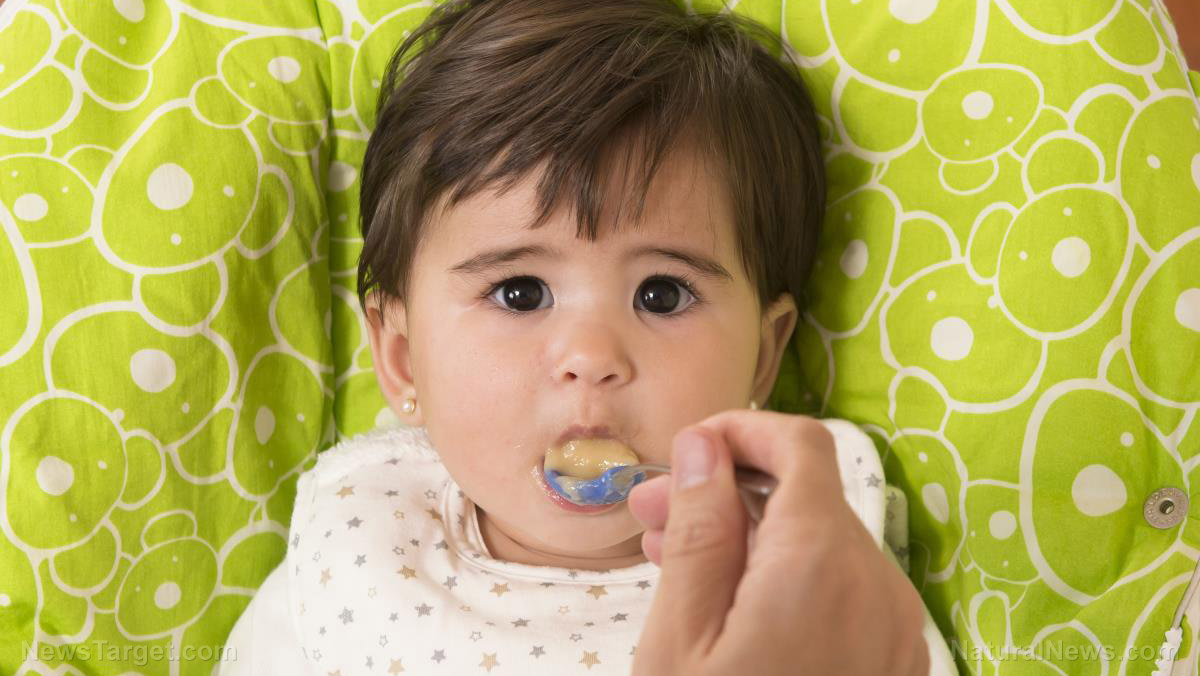
An investigation carried out by Channel 4’s Supershoppers program in the U.K. revealed that the country’s top selling baby food brand Ella’s Kitchen manufactures products that may contain up to five teaspoons of sugar per packet. Ella’s Kitchen has been the number one choice for middle-class mothers who want to wean their babies in a “nutritious” way.
The investigation noted that while the company’s red pepper, sweet potato, and apple pouch seemed to be a healthy vegetable product, it was in fact 78 percent apple puree. According to the investigation, Ella’s Purple One smoothie contained more than three teaspoons of sugar. In addition, Ella’s Banana and Apricot baby rice was found to contain nearly five teaspoons of naturally occurring sugar.
Experts have previously cautioned that while natural sugar is healthier than white sugar when eaten as fruit, processing the natural sugar makes it just as unhealthy. Dietician Anna Daniels quipped that once natural sugar is processed, blended, or made into smoothie, it is no longer encapsulated within the plant cell wall. This meant that processed natural sugar could be easily broken down and released into the bloodstream quicker. According to Daniels, processing natural sugars converts them into free sugars, which have a detrimental effect on the body once taken in excess.
However, Ella’s Kitchen dismissed the results of the television investigation, and maintained that their products do not contain added sugars. The company also maintained that their products were made from 100 percent whole fruit or vegetable. In addition, Ella’s Kitchen stressed that it never uses fruit juice or concentrates. Moreover, the company questioned the investigation’s use of teaspoon value to measure their products’ sugar content.
“Expressing the sugar content in terms of teaspoons is misleading. Using this rationale, 100 ml of breast milk would contain nearly two teaspoons of sugar. The Purple One Smoothie Fruit pouch is a blend of 100 percent fruit and contains the same amount of sugar as if you’d made it at home using fruit from the fruit bowl. Likewise, Banana and Apricot Baby Rice is made from only organic bananas, apricots and rice with a squeeze of lemon juice. A banana from the fruit bowl contains 20 g sugar per 100 g, so again, the sugar content would be similar if you made the product at home,” the company said on The Daily Mail.
Previous study finds baby food products questionable
The recent investigation was not the first one to question the nutritional value of Ella’s Kitchen’s products. In fact, a 2013 study carried out by a team of researchers University of Glasgow revealed that commercial baby foods produced by Ella’s Kitchen, Cow and Gate and Heinz were significantly less nutritious than home-made meals. The study also revealed that many commercial baby food products contain high levels of sugar. (Related: Babies that eat fresh foods instead of processed foods have fewer allergies)
Likewise, the research team found that the products were typically promoted for use from four months of age, a time when babies’ diets should be primarily based on breast or formula milk. In addition, the study revealed that babies should eat twice as many commercial baby foods in order to get the same energy and protein levels found in home-made meals. Moreover, the study showed that commercial baby foods have significantly lower levels of essential minerals such as iron.
“Manufacturers have been dragging their feet, lagging behind current thinking and research evidence that babies don’t generally need solid foods before about six months. It’s time they stopped labelling foods ‘from 4 months. If babies are spoon-fed pureed fruit and vegetables before this time, it can replace the nutrients from milk. Many parents do find jars of food convenient when they are out and about, but babies can eat family foods most of the time. Buying commercial baby foods is also much more expensive than using family foods,” said Rosemary Dodds, senior policy adviser at the National Childbirth Trust.
Read more stories like this on Nutrients.news.
Sources include:
Submit a correction >>
Tagged Under:
baby food, baby food products, excessive sugar, purees, refined sugar, sugar
This article may contain statements that reflect the opinion of the author
RECENT NEWS & ARTICLES
COPYRIGHT © 2017 TOP 10 GROCERY SECRETS



